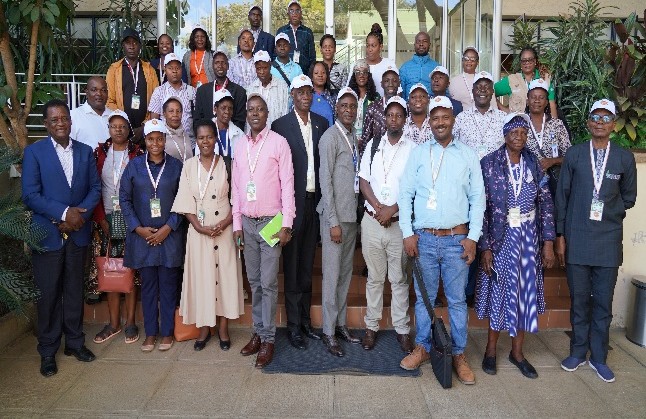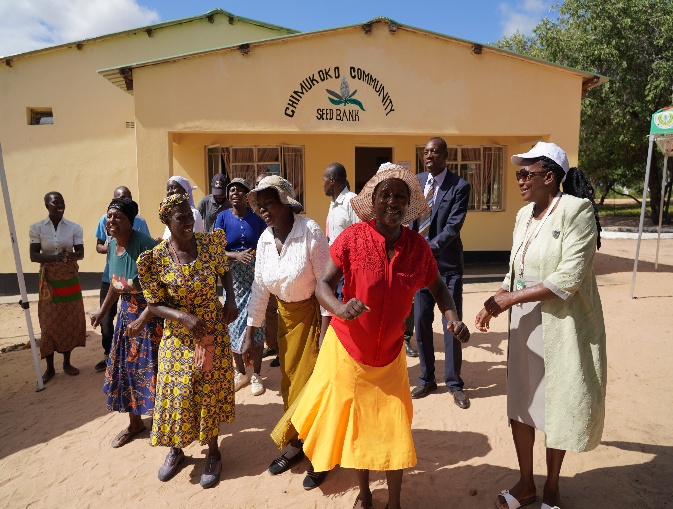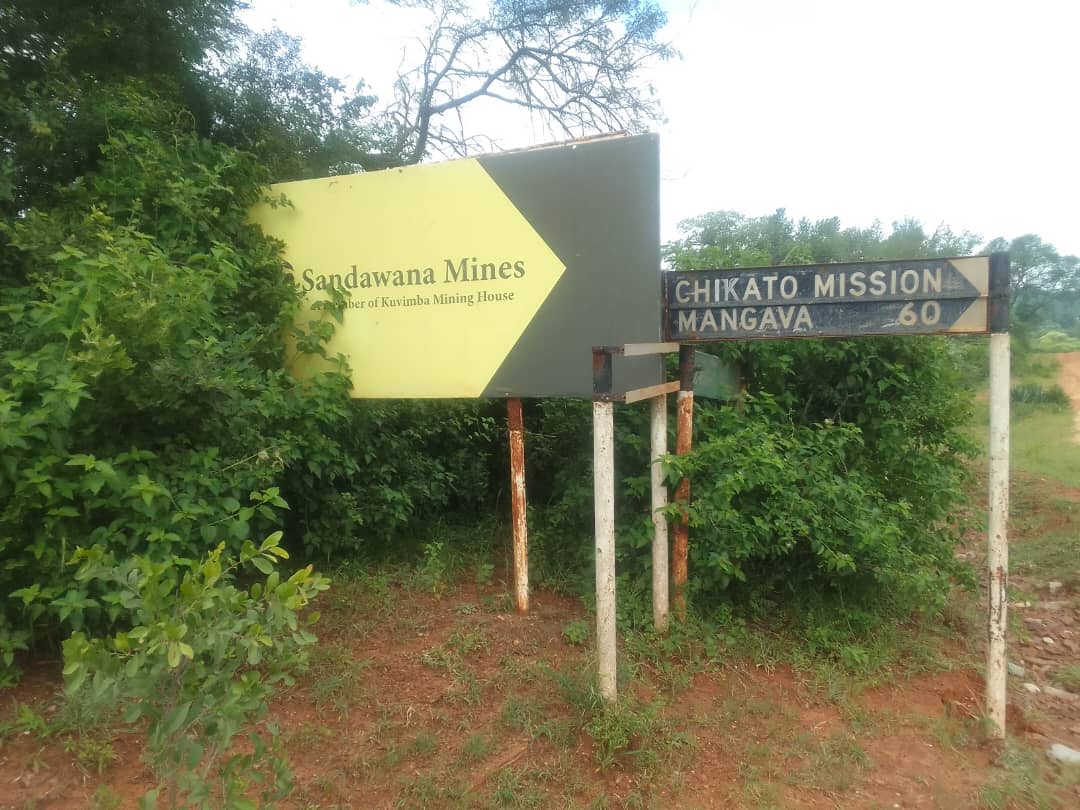Rutendo Chirume
Representatives from six African countries recently converged in Mudzi district for the first regional learning workshop event on Community Seed Banks (CSBs) to explore ways of addressing the continent’s growing seed insecurity amid climate change.
The event, which ran from 24 – 28 March 2025, was organised by the Food and Agriculture Organization (FAO) through the Drylands Sustainable Landscapes Impact Program Zimbabwe (DSLIP-Zim), and with support from Community Technology Development Organization (CTDO).
Participants from Angola, Botswana, Malawi, Namibia, Tanzania and Zimbabwe came together to learn how local communities were developing innovative solutions to transform seed production and distribution.

DSLIP-Zim National Project Coordinator Precious Magwaza said the learning event created a platform for regional countries to familiarize themselves with community seed bank best practices in Zimbabwe.
“Community seed banks are emerging as a crucial component of Africa’s food security strategy; empowering smallholder farmers to conserve and exchange seeds, promote crop diversity, and enhance resilience to climate change.
“Since its establishment, the Chimukoko Community Seed Bank that we see here has played a prominent role in the district’s agriculture. The local community benefits from the facility’s seed storage as is the case in similar projects in other districts,” said Magwaza.
Namibian representative, Helen Heather applauded the seed bank initiatives as an innovative response to climate change.
“I have learnt that community participation and involvement in the preservation of seed varieties through the use of traditional knowledge systems can go a long way in developing agriculture,” said Heather.
As part of the learning exercise, participants visited two farmer field schools within Mudzi district.
FAO has worked to promote seed banks which can play a critical role in times of seed shortages resulting from such emergencies as floods, droughts, pests and disease outbreaks that cause crop failure.
Similar story here Community seedbank to improve agriculture in Zaka








